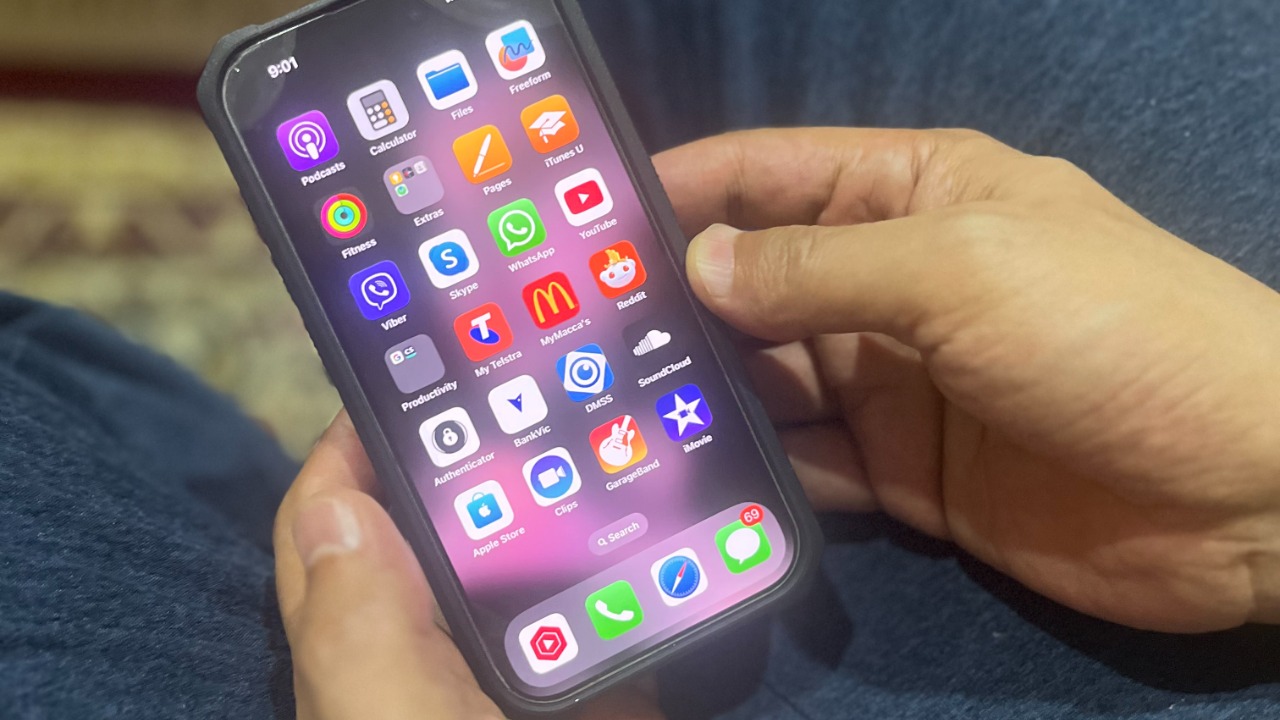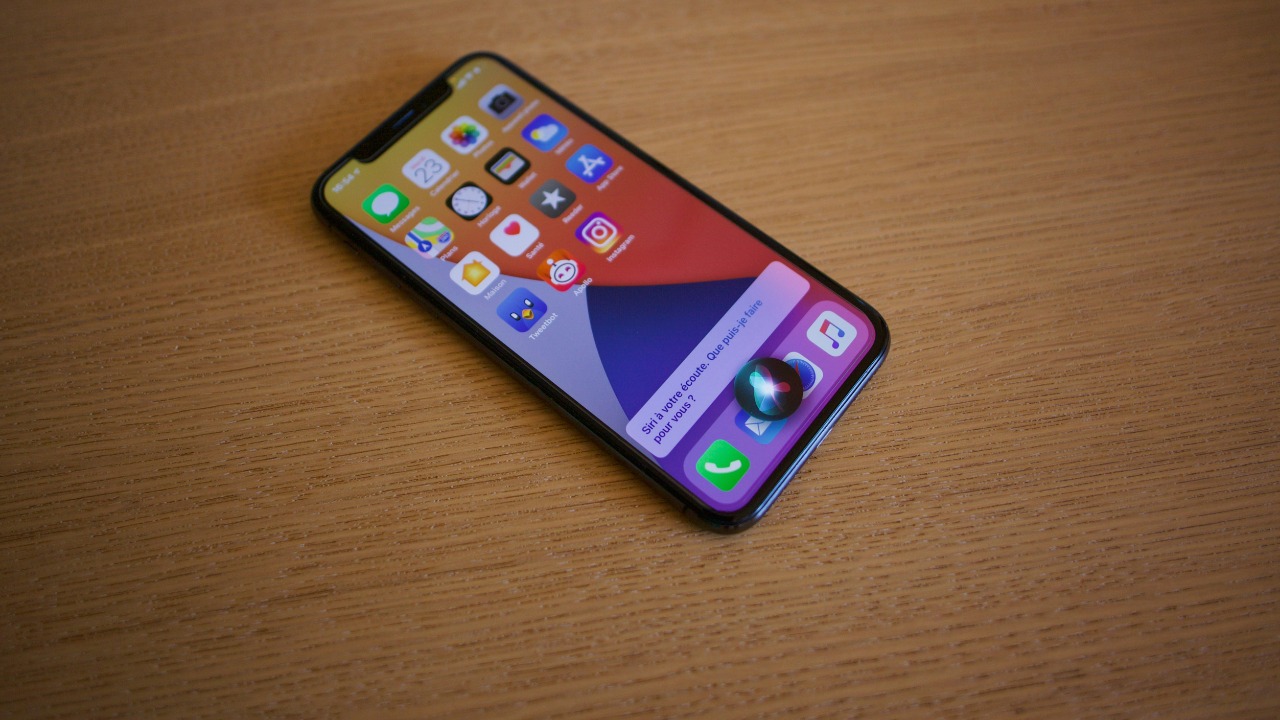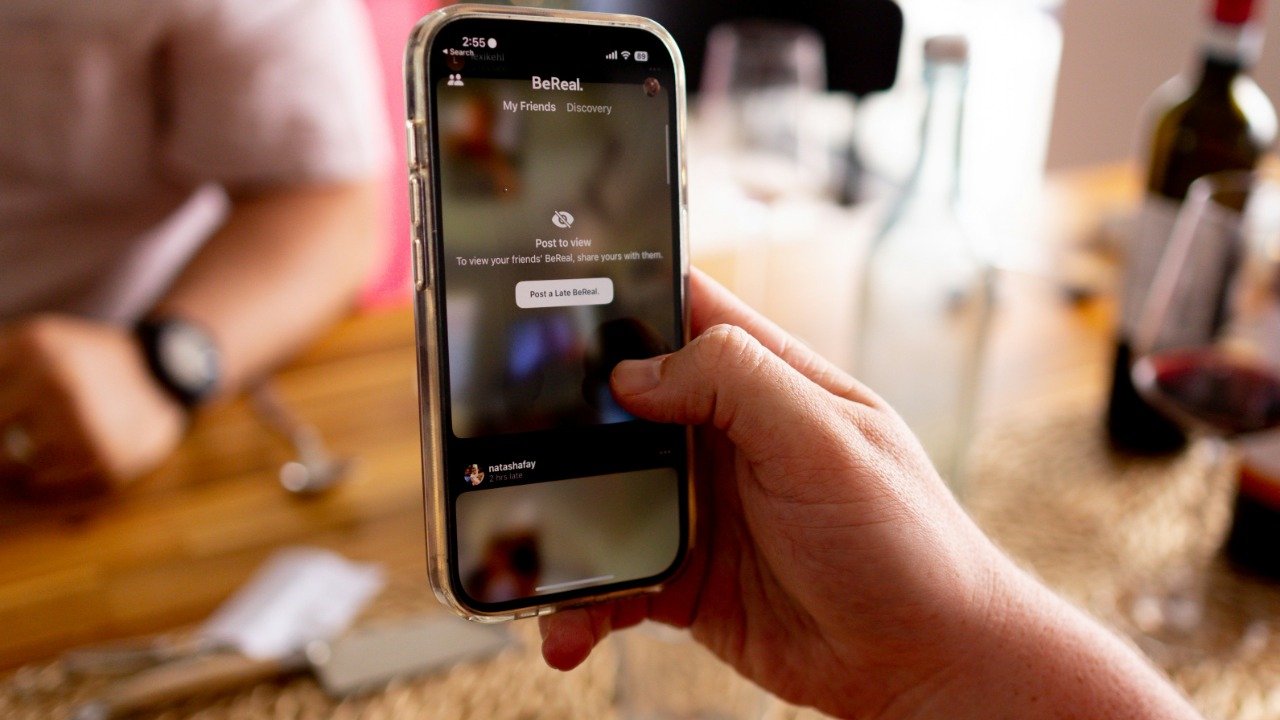
There is a common belief that our smartphones, particularly iPhones, are always listening to our conversations. However, this is not entirely accurate. While it’s easy to buy into this myth, the reality of digital surveillance is far more complicated and considerably more intrusive.
The Myth of the Listening iPhone

Despite popular belief, iPhones are not secretly listening to your conversations. This is primarily due to technical and practical reasons. First, continuously recording and transmitting audio data would require a significant amount of battery and data usage. Moreover, such activities would likely cause noticeable performance issues. Studies have shown that no unexpected network traffic or battery usage occurs, which would be the case if phones were secretly recording.
Furthermore, Apple has categorically denied these allegations. The company has stated multiple times that iPhones do not listen to conversations unless explicitly triggered by the user, such as activating Siri. However, a common misunderstanding arises from the permissions we give to our apps. For example, when an app requests microphone access, it does not mean it will eavesdrop on your conversations, but it can use the microphone when the app is in use.
The Real Issue: Data Collection

While our iPhones may not be listening to us, they are certainly collecting a vast amount of data about us. This data collection is more intrusive than eavesdropping because it builds a comprehensive profile of our habits, preferences, and behaviors. Every search query, app usage, and location check-in is recorded and stored.
Surprisingly, this data collection is legal due to the terms and conditions we agree to when using Apple’s services. These agreements allow Apple to collect and use this data to improve their products, services, and advertising. This information is valuable to companies as it allows them to target their marketing efforts more effectively.
The Intricacies of Ad Tracking

The data collected from our iPhones plays a crucial role in ad tracking. Ad tracking involves companies using our data to display targeted advertisements based on our online behavior. This process is why we often see ads related to our recent searches or interests.
Cookies are a vital tool in ad tracking. These small files stored on our devices keep track of our browsing history and other online activities. Case studies, such as the ones outlined in this book, show how this data can lead to eerily accurate ads, further fueling fears of eavesdropping.
The Privacy Paradox

The Privacy Paradox refers to the disconnect between our stated concerns about privacy and our actual online behavior. We often express worries about our online privacy, yet continue to use devices and services that collect our data.
Why do we do this? Convenience and necessity play a large part. Our iPhones provide us with easy access to essential services, entertainment, and social connections. This convenience often outweighs our privacy concerns, leading to the Privacy Paradox. This book provides a deeper insight into the Privacy Paradox and how it affects our digital lives.
How to Guard Your Digital Privacy

So, how can we protect our digital privacy? First, be aware of the permissions you grant to your apps and understand what data they collect. Regularly review and manage these permissions in your iPhone’s settings.
Also, take the time to read and understand user agreements. While they may be lengthy and complex, they provide crucial information about how your data is collected and used. Finally, consider using alternative privacy-focused apps and tools. For instance, use a search engine that doesn’t track your searches, like DuckDuckGo, or a messaging app that offers end-to-end encryption, like Signal.